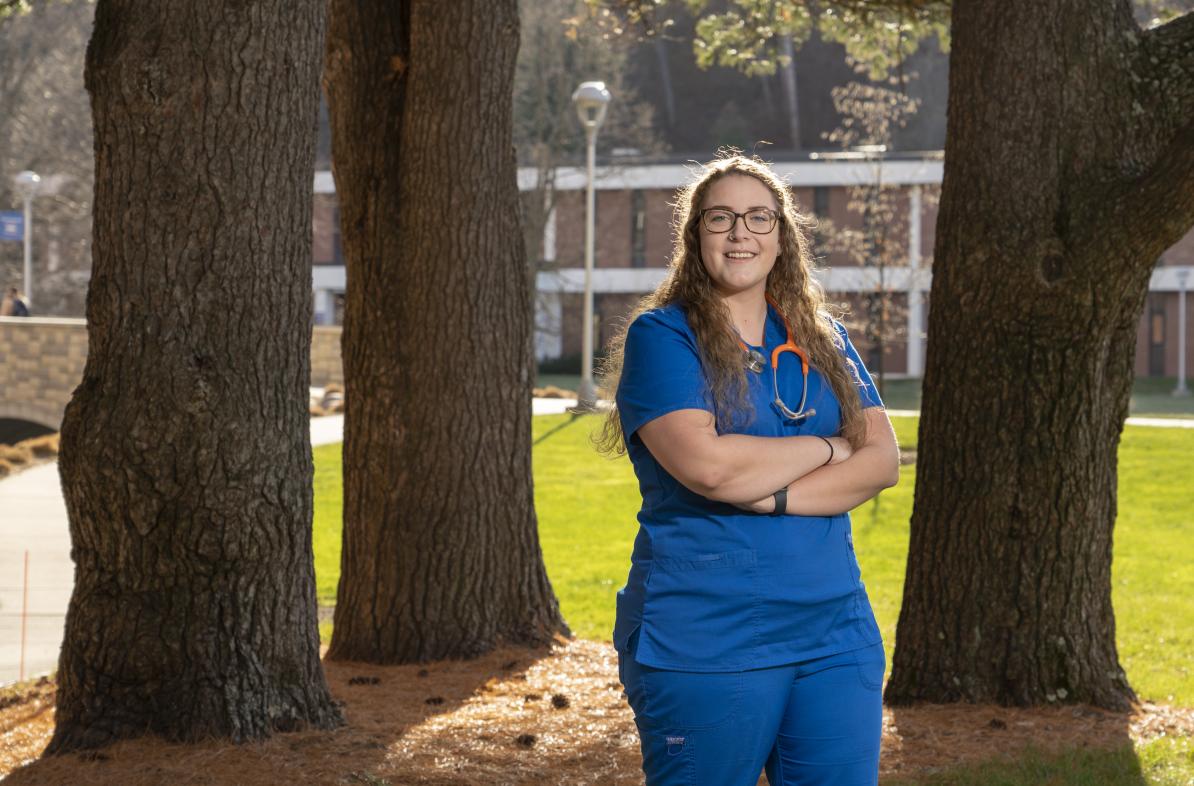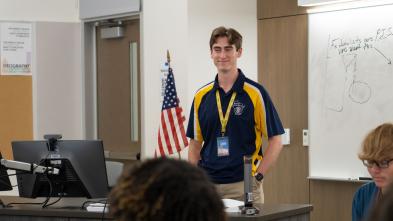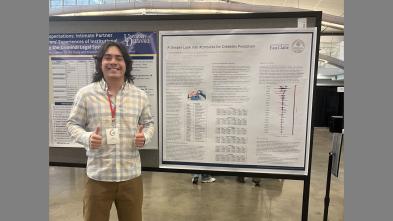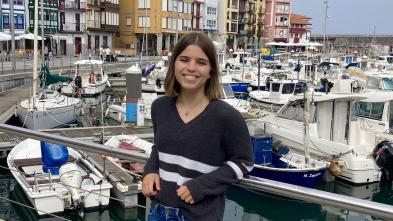Featured Image
For the media

Title
Outside-the-classroom experiences help prepare nursing grad for future success
Story Categories
Authored on
Outside-the-classroom experiences help prepare nursing grad for future success
Published on:
Intro text
Taylor Johnson was helping to care for her ailing uncle when she saw the incredible impact that nurses have on their patients and their loved ones. She knew then that she wanted to be a nurse so she could make that kind of positive difference in the lives of others.
Sections
For the media
For the media
Image download


